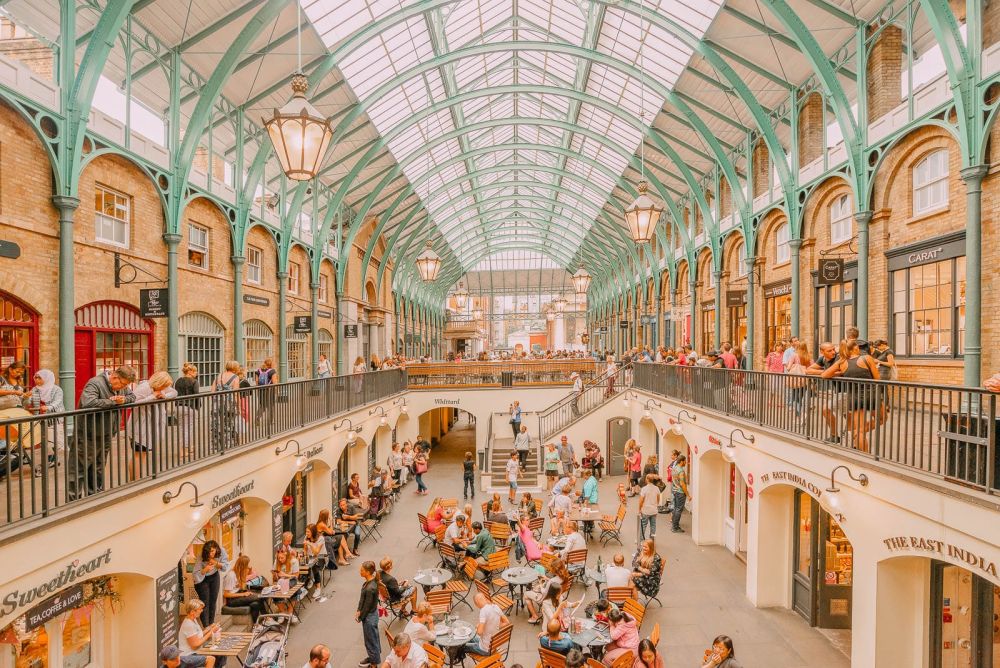

The history of tourism in Covent Garden, located in the heart of London, is as colorful as it is long. Originally established as a convent's garden belonging to Westminster Abbey in the Middle Ages, the area has transformed over centuries from a marketplace to a cultural and tourist hub.
In 1654, the area underwent a significant change when the Earl of Bedford commissioned architect Inigo Jones to develop a residential square with an elegant Italianate arcada at its heart. This piazza was the first of its kind in England and marked the beginnings of Covent Garden as a commercial and entertainment center.
By the 18th century, the Covent Garden market was flourishing, becoming the most important market in England. As the marketplace grew, so did the surrounding area, and Covent Garden became known for its coffee houses, taverns, and later, its theaters. By the 19th century, it was established as the principle theater area of London, which boosted tourism significantly and laid the groundwork for today’s vibrant atmosphere.
After surviving the bombings of World War II, Covent Garden faced decline. The market moved to a new site in the 1970s, and the central building faced demolition. However, there was a strong public outcry to preserve the historic area. Through regeneration efforts, the main market building was transformed into a shopping destination and cultural center in 1980. This development was crucial in reestablishing Covent Garden as a significant tourist attraction.
Today, Covent Garden is one of London's most popular tourist destinations, attracting visitors with its blend of history, culture, and entertainment. The Royal Opera House, The London Transport Museum, and a wide variety of shops, boutiques, and eateries draw crowds from around the world. Street performances in the piazza contribute to the lively and spirited environment that characterizes Covent Garden.
The latest trends in Covent Garden tourism focus on experiential and immersive experiences. Tourists seek out interactive activities, such as workshops, food tastings, and cultural events. The neighborhood has also seen a rise in popularity of boutique hotels and rooftop terraces, offering visitors unique perspectives of the city. With its rich heritage and contemporary appeal, Covent Garden continues to evolve, ensuring its place as a timeless destination in the heart of London.
In conclusion, the area’s success as a tourism destination can be attributed to its unique history, persistent cultural significance, and the constant reinvention of its spaces to provide contemporary attractions while honoring its storied past.